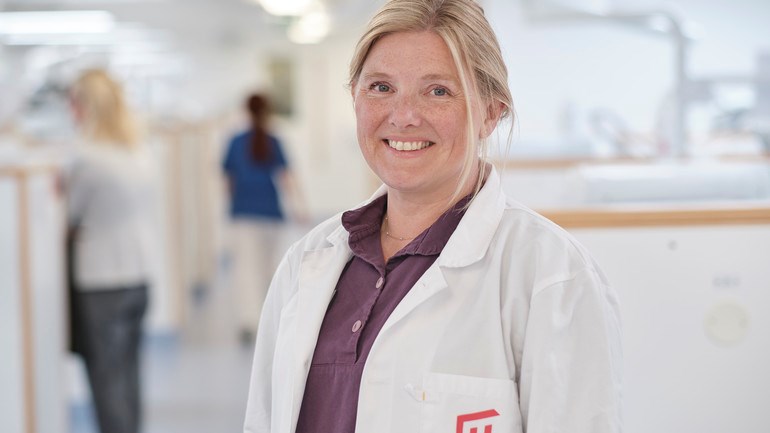Prematurely born young people have greater dental care needs

Liselotte Paulsson is one of the researchers behind the study, which shows that there are differences between extremely premature born adolescents and their peers in terms of: oral and facial pain, the need for orthodontic treatment, and dental fear and toothbrushing.
Young people who are born extremely prematurely are more likely to have oral health problems: a conclusion of a study conducted by researchers at Malmö University.
“Dental professionals need to be extra attentive to, and supportive of, these young people,” says Associate Professor Liselotte Paulsson.
The study, which is based on EXPRESS (National Extremely Preterm Infants in Sweden Study), involved a total of 350 young people (aged between 13 and 18) and their parents. Just over half of the young people were extremely premature, the others were part of the control group.
The results show that it is important for clinical staff and parents to be attentive to the oral health of these young people.
Liselotte Paulsson
The results show there is a significant difference between adolescents who were born extremely prematurely and their peers in terms of: mouth and facial pain, need for orthodontic treatment, dental anxiety, and toothbrushing habits.
"The aim of the study was to study prematurely born young people from an interdisciplinary and holistic perspective on dental care and the link between oral health and general health.
“This was done to gain more knowledge about what support this group needs to have good oral health later in life,” says Susanne Brogårdh-Roth, an associate professor who conducted the study in collaboration with her colleagues Liselotte Paulsson, EwaCarin Ekberg and Anna Alm.
One in four reported suffering from mouth and facial pain once a week or more often. Meanwhile, approximately one in eight in the control group reported having similar problems. Premature boys were more likely than the control group to have undergone or be scheduled to undergo some form of orthodontic treatment. Among the girls, however, there was no significant difference between the groups.
In addition, significantly more had not undergone treatment or expressed a desire to have orthodontic treatment compared with the other young people in the study.
"This may be because prematurely born children are slightly behind in terms of jaw and bite development. Dental care providers should bear in mind that orthodontic treatment for this group may need to take place at a later stage than is usual," says Paulsson.
In addition, the study found that it is more common among prematurely born children than in the control group to feel fear or anxiety about visiting the dentist, not least because of discomfort with injections.
The study also found that young people who were extremely premature, brush their teeth less often in the evenings than their peers, but no underlying explanation was found for this.
"The results show that it is important for clinical staff and parents to be attentive to the oral health of these young people. One idea might be for dental care providers to start routinely asking their young patients if they were born prematurely,” says Paulsson.
